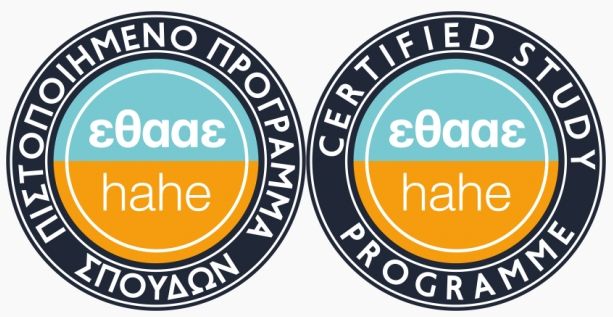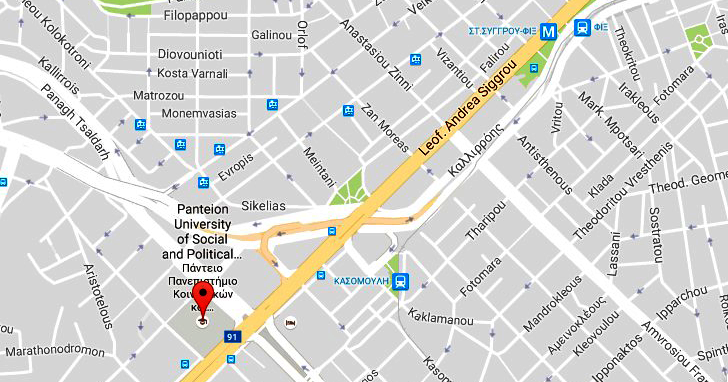
The Department of Communication, Media and Culture hones the skills of students in oral and written expression, in critical, organisational and creative thinking. It has a strong commitment to developing skills in research methodology, digital literacy, and critical enquiry in the fields of communication, advertising and public relations, business innovation, communication and media, also optimising digital and mobile technology. Other specific skills refined are in crisis management and strategy; in media and culture management; in development of digital, leadership and administrative expertise; coupled with competence in complex problem solving or in confronting challenges of implementation and in the work-place, in the areas of communication, media and culture. The diverse skills accumulated make our graduates much sought-after in the fields of journalism, communication, cultural management, the creative industries, marketing, advertising, public relations, startups, etc.
Our graduates work in a wide range of public and private sector businesses and organisations, including the Ministries of The Press, Culture and Tourism; for several print, electronic and digital media; in advertising and market research companies; cultural institutions, etc. The Department maintains relations with sectoral and professional bodies for the whole range of its subjects and participates in public debate on issues regarding mass media, cultural policy, etc. This is reflected in the academic or professional careers of our graduates. Equally important is the internship that takes place both within the Department (by faculty members and external collaborators) and outside it (in specific professional areas: newspapers, television and radio stations, advertising companies, research institutes, etc.).
More specifically, the ambition of the Department is for its students to have the following qualifications upon graduation:
- communication skills: proficiency in written and oral speech, information gathering, data control, idea creation, methodological research;
- technological ability: effective knowledge and use of communication systems and their social effects, familiarity with new technologies;
- philosophical training: understanding of the philosophical, historical and ethical context of the media, general knowledge of the field of ideas that shaped the demand for a free and democratic society;
- cultural familiarity: competence in the recognition of cultural reality and its connection with the past, understanding of the main cultural symbols and general knowledge of the history of arts and literature;
- critical thinking: ability to critically analyse the media and critically confront social phenomena;
- professional responsibility: recognition of the responsibilities of the individual as a producer or recipient of information in a democratic society and in a time dominated by the media;
- market knowledge: the ability to link knowledge acquired in academic learning settings to market conditions.






